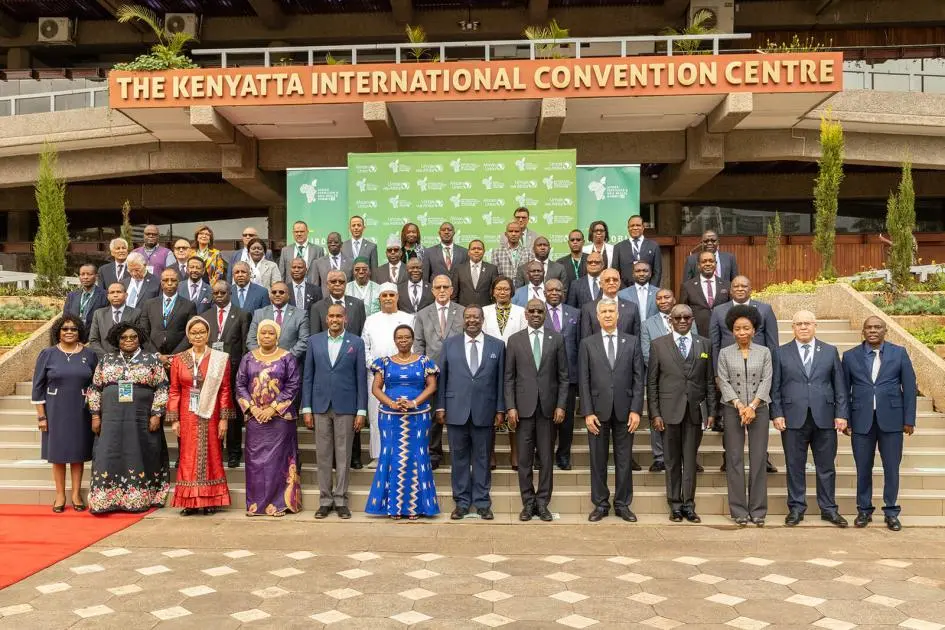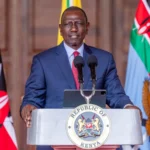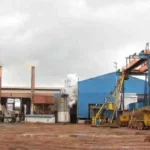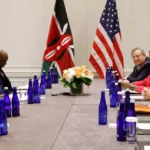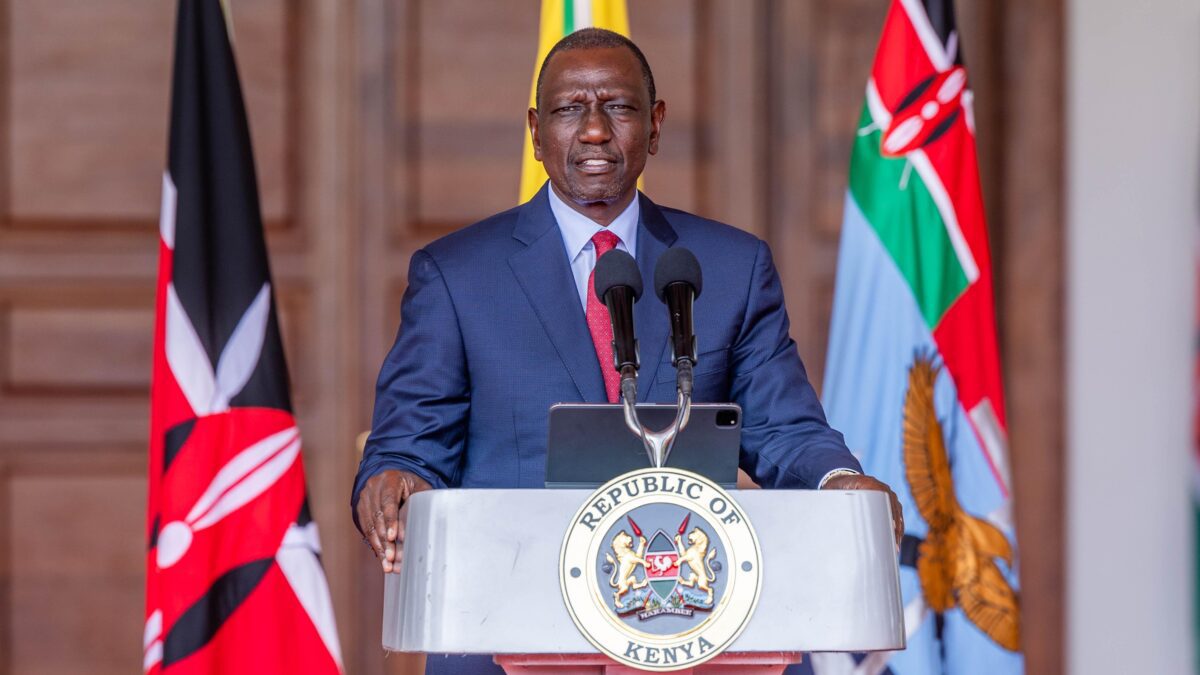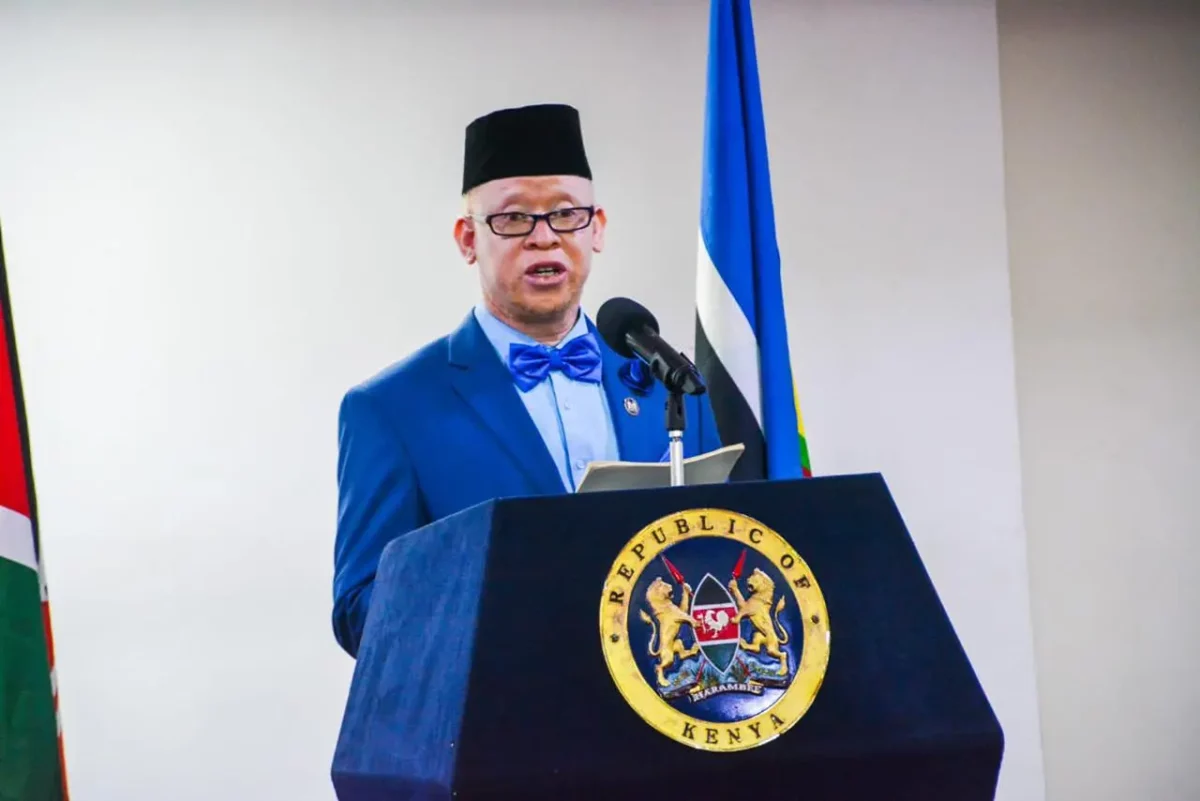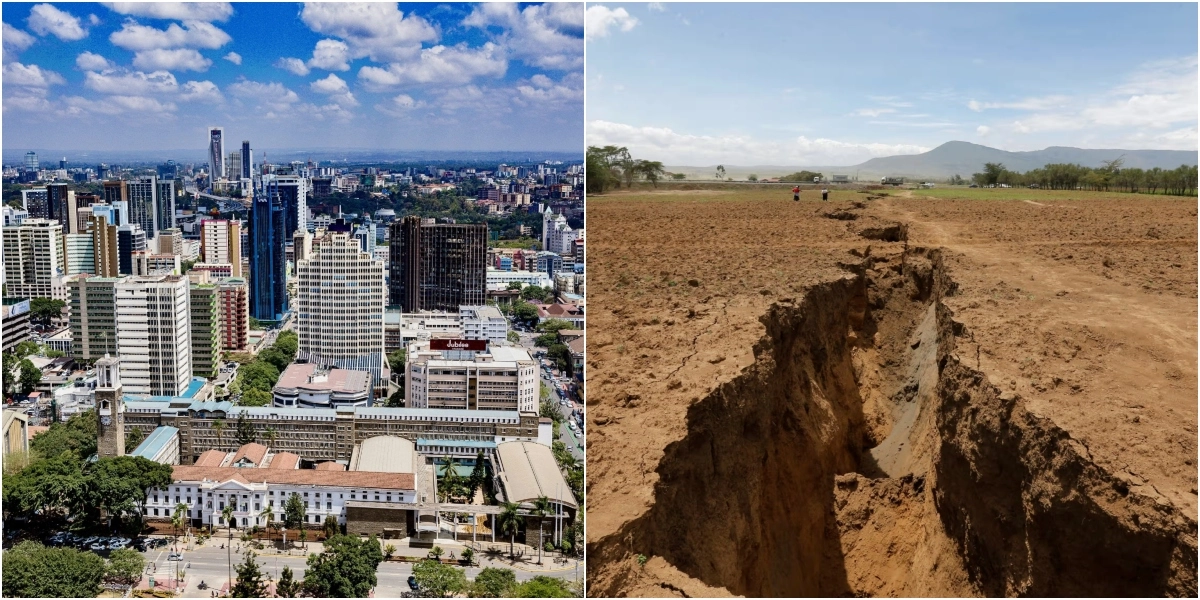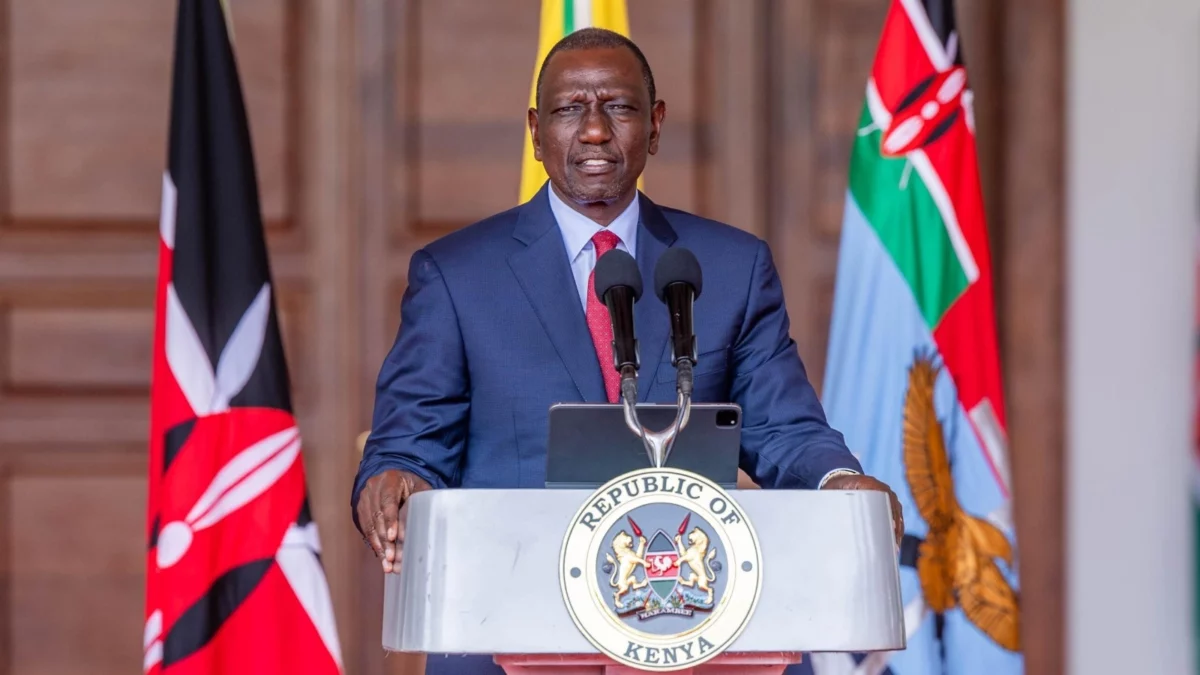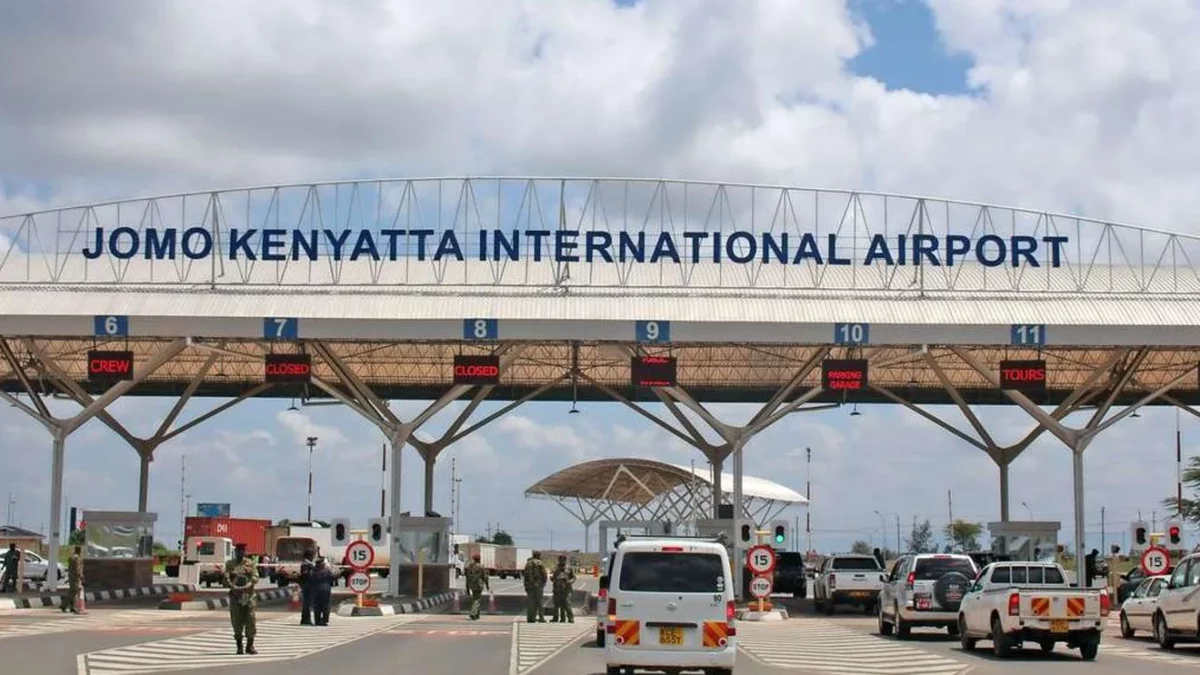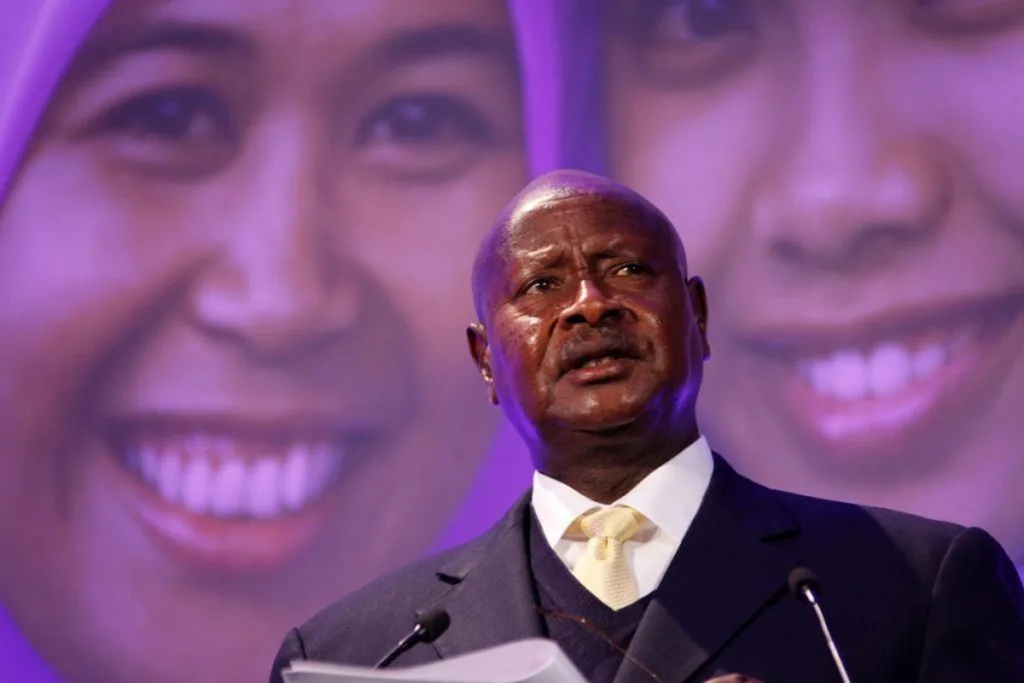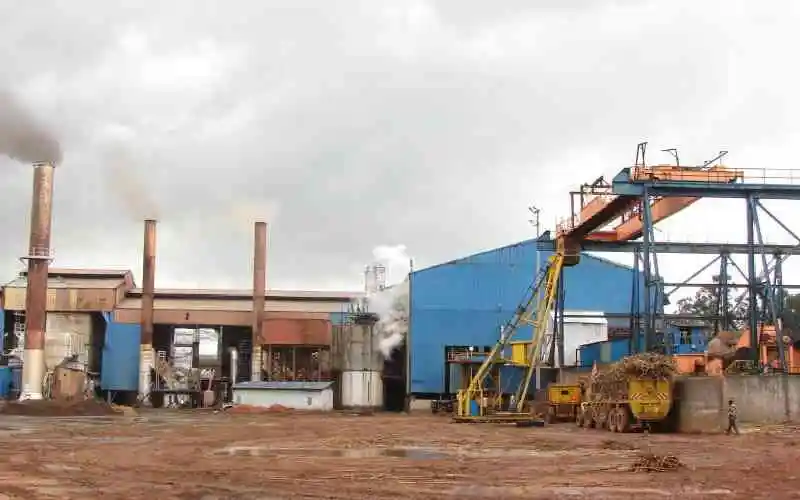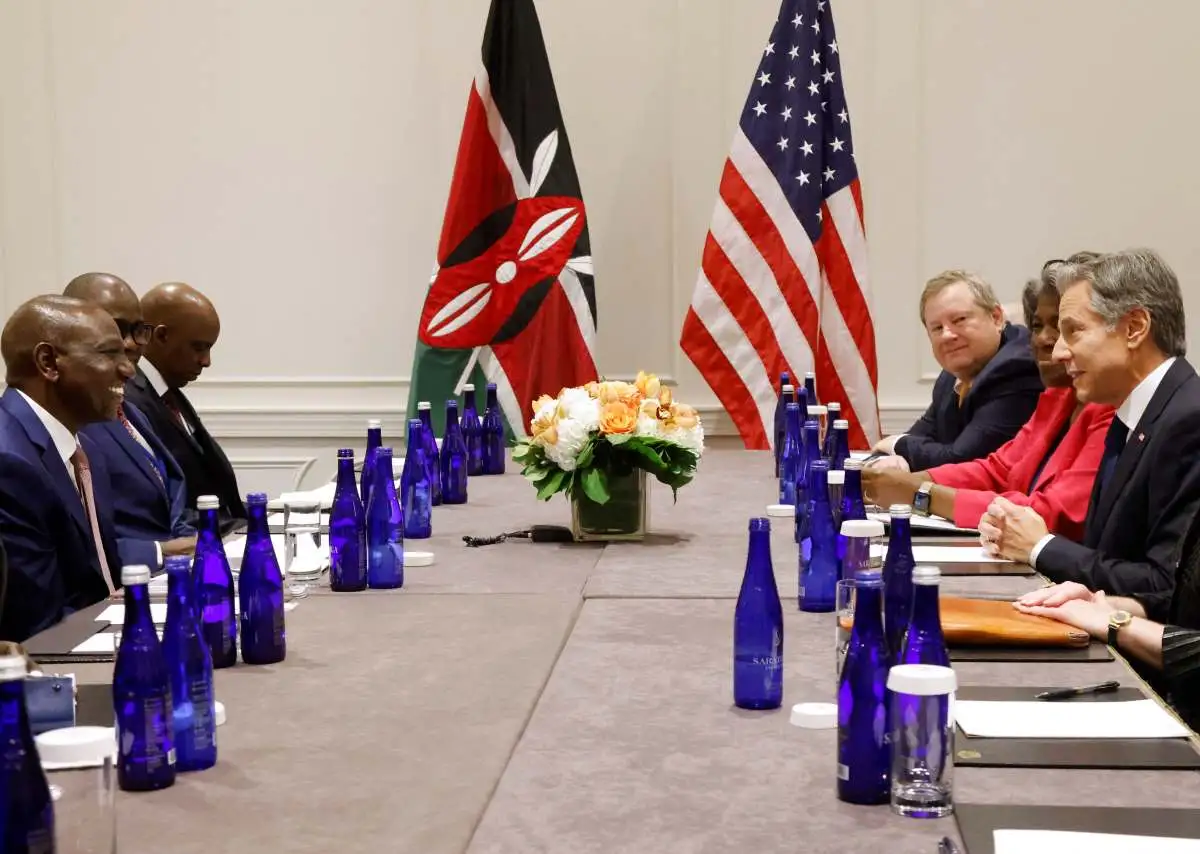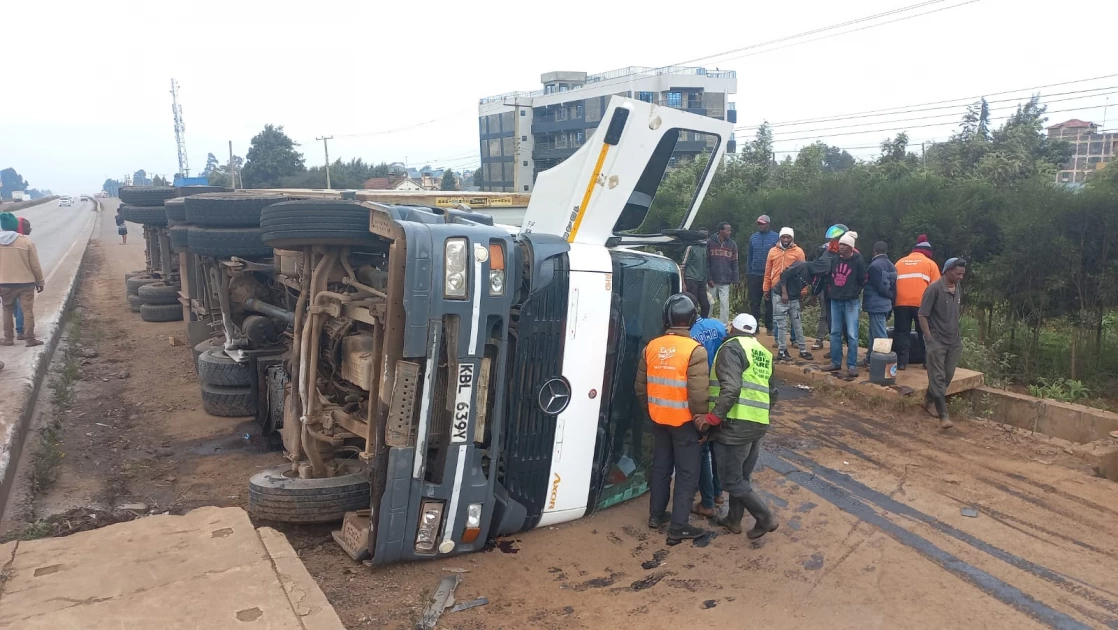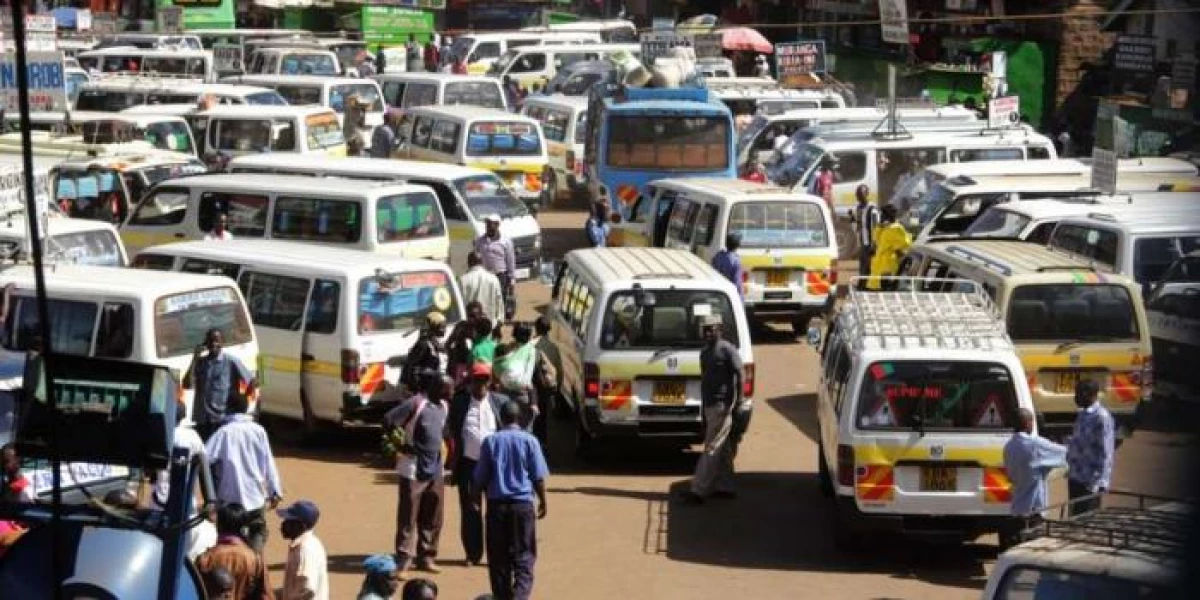The Africa Fertilizer and Soil Health Summit concluded yesterday in Nairobi, Kenya, with attendees from different parts of the continent gracing the event. The summit’s theme was “Listen to the Land”, and aimed at reviewing the state of soil health and the use of fertilizers on the continent. The summit is an initiative of the African Union and seeks to reflect on long-term and sustainable strategies for feeding the growing African population.
Over 40 countries are below the target of 50 kg (nutrients) per hectare, set at the first Africa Fertilizer and Soil Health Summit in Abuja in 2006, with most averaging at 18 kilograms per hectare. The summit aims to evaluate existing policies, programs, and institutional structures for an effective soil management system to improve and maintain soil fertility.
During the summit, President Wiliam Ruto emphasized the importance of addressing urgent issues that Africa faces. These include inadequate fertilizer application, extreme weather adversities, flooding in East Africa, drought in South Africa, and extensive land degradation. Ruto believes that these challenges stem from poor soil health, which is central to the conversation at this summit.
“This summit presents an opportunity to collectively deliberate and sustain our ambition by converting challenges into opportunities. To achieve this, we must assess our situation within the broader context of our African potential,” Ruto said in his opening speech.
“Clearly, we have important issues to reflect upon and resolve as a matter of urgency and this summit offers us a perfect opportunity for this engagement. These challenges include inadequate fertiliser application, extreme weather adversities, flooding on one end as we are witnessing in East Africa drought as we are witnessing in South Africa and extensive land degradation among others. All these point to a broader issue of poor soil health which is central to our conversation in this Summit.” the President said.
Day 2 at the AFSH summit was packed with insightful discussions! We tackled strategies to strengthen Africa's resilience to global fertilizer crises, emphasizing the dual approach of local production and market development as well as enhanced fertilizer efficiency. Furthermore,… pic.twitter.com/Nimmd6Ko3O
— OCP AFRICA (@OCP_Africa) May 8, 2024
The stakeholders at the summit discussed the need to pay attention to the needs of the land in terms of soil nutrients, soil moisture, essential minerals, soil organisms, the impact of climate change, and adopting regenerative practices, policies, and approaches to improve the long-term value of land as a critical asset for farmers.
Cabinet Secretary of Kenya’s Ministry of Agriculture and Livestock Development, Mithika Linturi, identified soil fertility depletion as the primary cause of declining per capita production. This is due to the continuous mining of soil nutrients and inappropriate farming practices, including the use of blanket fertilizer recommendations. As a result, crop productivity has declined, leading to food insecurity, low return on agricultural investment, and environmental degradation.
Read Also:Mudavadi Joins African Leaders in Kampala for the African Coffee Summit
“Kenya has only about 18% of its total land area that is arable for crop production. The area under cereals production measures about 2.7 million hectares, which is 47% of the total arable land. This puts immense pressure on these agricultural areas to produce enough food for both local consumption and export purposes. Therefore, it is essential to use these areas sustainably and take appropriate measures to ensure that they continue to be productive,” Linturi said.
Day 2 of the #Africa Fertilizer and Soil Health (AFSH) Summit organised under the theme "Listen to the Soil."
— IGAD Secretariat (@IGADsecretariat) May 8, 2024
Ministers of Foreign Affairs and Ministers of Agriculture are presenting their statements during the Joint Ministerial session. pic.twitter.com/qybF0LMEuM
The summit comes at a time when millions of Africans across the continent are facing severe food and nutrition deficiencies, making it an opportunity for policymakers, scientists, farmers, the private sector, development agencies, civil society organizations, NGOs, and scholars to reflect on innovative avenues to feed the growing African population.
The summit refers to previous key declarations and commitments by Heads of State and Government to drive agricultural productivity to improve food and nutrition security, such as the Maputo Declaration on Agriculture and Food Security in Africa adopted in 2003, the Abuja Declaration adopted in 2006, the Malabo Declaration adopted in 2014, the declaration on Accelerated Agricultural Growth and Transformation for Shared Prosperity and Improved Livelihoods, and the Soil Initiative for Africa in September 2020.
Musalia Mudavadi, Kenya’s Prime Cabinet Secretary and Cabinet Secretary for Foreign and Diaspora Affairs, stated that Africa cannot achieve its goal of eliminating hunger and poverty without adopting a sustainable approach to soil health, using agricultural inputs judiciously, conserving the environment, and embracing technologies that can make production systems more efficient and effective.
Read Also: UNEP’s ambition towards Climate-Resilient businesses
“Though fertilizers are estimated to contribute more than 30% of the crop yield, we have witnessed in our country that fertilizer alone cannot sustain increased agricultural productivity and production. For example, observations have been made that maize yields have stagnated despite increased fertilizer use,
“This has resulted in input bundling, emphasis on balanced nutrition, soil sampling and testing. In recognition of the need for integrated soil management, the Government in collaboration with other stakeholders has developed the National Soil Management Policy. This policy contains critical directions on sustainable agricultural soil and water management, the environment, technology development, its dissemination and utilization, fertilizer development and investments.” Mudavadi observed.
While fertilizers are known to contribute more than 30% to crop yields, it has been observed in Kenya that fertilizer alone cannot sustain increased agricultural productivity and production. For instance, despite increased fertilizer use, maize yields have stagnated. To address this issue, input bundling, balanced nutrition, soil sampling and testing have been emphasized. In recognition of the need for integrated soil management, the Government, in collaboration with other stakeholders, has developed the National Soil Management Policy. This policy provides crucial directions on sustainable agricultural soil and water management, the environment, technology development, dissemination and utilization, fertilizer development, and investments.
“Unlocking that potential is central to our economic growth. It not only allows us to feed our people but also to engage in agro-processing, value addition, and manufacturing with agro-based raw materials.”
Read Also: Kenya needs $62 Billion to Combat Climate Change
Meanwhile, the fertiliser scandal in Kenya, where substandard fertilisers were distributed to farmers across the country, is currently under investigation by Parliament and the Directorate of Criminal Investigations. President William Ruto has warned that those involved in the fraud will be prosecuted and demanded that the suppliers compensate farmers who had bought the substandard fertiliser.
When planting, most farmers in the country think about getting a better harvest and have to decide between using fertilizer or going all natural and using manure. However, the ongoing fertilizer scandal has left many farmers waiting for a better solution.
Climatic conditions, such as the floods that have impacted East Africa and caused a lot of havoc, have also had a major impact on agriculture in the country, as Ruto mentioned.
The distribution of fake fertilizer has been a significant concern among farmers and the Kenyan population at large, leaving a gap for the exploitation of alternative solutions to boost agricultural production.
Piloting solutions based on factual data has been a set base for farmers across the continent to enable better-yielded results from their land.
Despite the challenges, President Ruto believes that Africa can come together and find solutions. He stressed the importance of soil health and fertilizer, citing that Africa has 60% of the world’s uncultivated arable land, which has the potential to put Africa ahead of the rest of the world.


